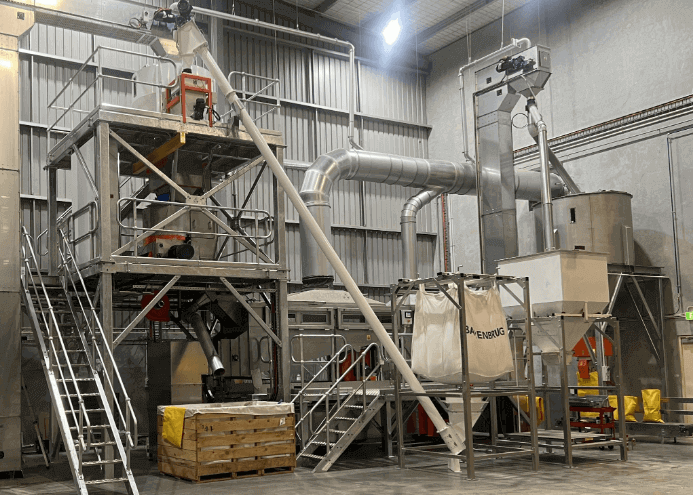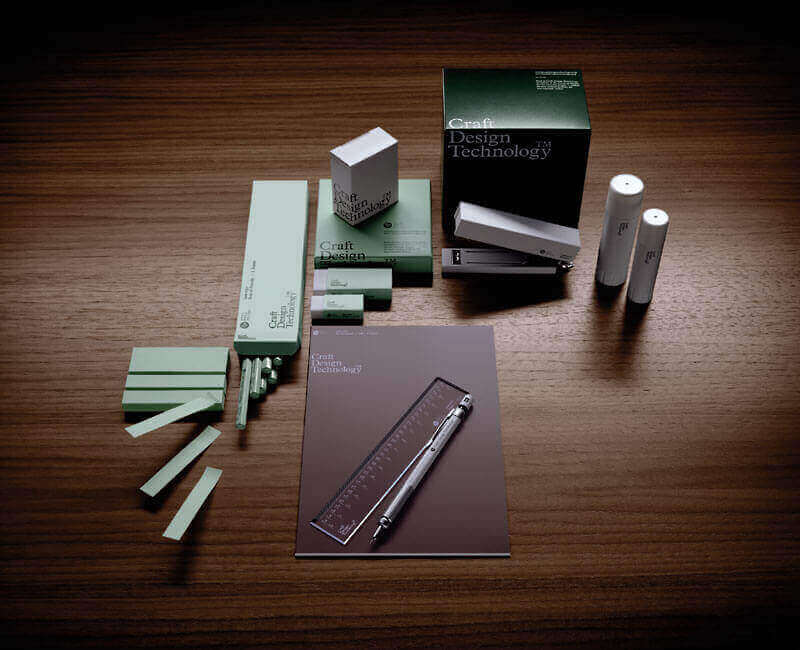Not only are many countries set to put the brakes on the use of fossil fuels and improve energy efficiency, but they are also looking forward to implementing new sustainable technologies that will help reclaim land currently being polluted by hazardous waste. This is the main reason we need advanced recycling methods integrated into our business strategies because the modern approach to the usage of resources and waste collection might seem beneficial from a financial standpoint, with its lucrative potential for resource conservation, but in reality, it is far superior for the environment. Bright Technology Can Help In Waste Management.
While it is important to work towards improving the environment and proposing new environmentally friendly methods, one cannot be blind to the need to continue ensuring that necessary materials like steel and rubber, which have high demand and low supply, are used in order to keep items like wheelchairs and prosthetic limbs for disabled army vets durable. What’s more, is that we should also begin using previously unusable resources such as wood waste from lumber mills or recycled products from garbage bins. These items can find new use in other industries where strong materials are needed, like manufacturing wooden furniture or building artificial reefs for marine life protection projects. With so many innovative ways of repurposing existing materials coming up, large volumes of beneficial substances can be put to good use without having them ruin our atmosphere!
Whether you’re an architect creating a commercial office space or a CEO looking to build a forward-thinking company, there is no way around the need to make an eco-friendly cut. After all, environmental concerns are crucial at this time in our history not only for your own future but the futures of generations to come.
1. Energy Organization
One of the benefits of incorporating technology into waste management is that it enables materials to be recycled and reused. This means that a large landfill full of potentially hazardous materials can be used to create electricity, heat, fuel, and more.
One of the main advantages of smart technologies implemented in waste management is related to recycling and reuse of materials that can be turned into energy. Therefore, large landfills full mostly of organic trash can be used to create electricity, heat, fuel, and more.
2. Recycling
With proper recycling, companies can save a lot of money. One way that this is possible is through the use of cheaper metals from materials obtained from recycling; this leads to an overall decrease in demand for traditional methods pertaining to material-gathering industries. The same applies to our environment as well: decreasing the amount of mine waste will reduce the amount of pollution present in our world. This benefit, however, may not be seen for several years since we don’t want to simply cut down on production and not give our company enough time to adapt accordingly. When it comes down to making new types of metals and alloys (sometimes even specifically designed ones), these can be manufactured by mixing previously used metals with other ingredients or through a process called electrolysis which utilizes electricity made available by innovative initiatives due to technology developed many years ago.
With proper recycling, our manufacturing industries can benefit in a few ways. First of all, using materials made by recycling is much cheaper than the traditional approach of making new or extracting fresh material sources. A huge plus for the environment too since that will lead to a decreased demand for traditional and environmentally damaging processes of gathering raw materials. The same thing goes for metals. We’ve realized that modern approaches which allow metal manufacturers to recycle their products many times over also reduce their need for huge metal mines.
Coined as the cradle to grave approach, traditional ways of creating new products or materials are being replaced by recycling. Using recycled materials in future projects benefits both businesses and the environment. The costs are much lower than other modern methods since there is already a supply of materials that were already created for older products like old computers for example – with proper sorting these can be reused which will save an individual or business plenty of money! Also, just like metals – newer metals are being produced in similar ways by converting pieces that have been recycled previously like using recycled platinum, iridium, etc. Studying different methods of recycling in order to find out which has the greatest effect on reducing our need for mining would be beneficial to us all.
3. Collecting and Disposing
We have already mentioned how smart trash bins can help collect and deposit trash more efficiently. Waste disposal is just one step in a larger overall plan that includes recycling and converting waste into materials that can be used again. It is important to properly manage all of these processes in order to reach zero emission goals and create sustainable cities. Many countries across the globe are working toward the same goal, most with a target date of 2040 – such as European countries. Waste management must be efficient in order to achieve zero waste levels, which will be necessary for light of projected population growth trends over the next few decades.
We’ve mentioned trash cans that can talk and connect people to services before. In this particular case, they help take the hassle out of paying your utility bill! This clever innovation is a great example of how a seemingly simple business process can become more efficient when technology is integrated flawlessly. Take a collection and depositing of waste for example. It works great if it’s detected and properly collected but in order to turn agricultural waste or any other kind of trash into something recyclable, we need an efficient recycling process. Moreover, recycling centers often emit some sort of pollution so improving those kinds of facilities is likely necessary as well, especially if you want to achieve zero emissions at one point in time.
We already mentioned the example where smart trash bins can be placed in big cities so that the collection and depositing of trash are more efficient. The first step toward recycling your waste is a thorough and proper collection method. Complete integration of such a process will lead to zero emissions in one moment.
4. Internet of Things
One of the biggest benefits that come along with modern digital technologies is the Internet of Things. This allows you to improve things like the speed of a process, or develop better methods for monitoring and management, automation, simplification, efficiency, cost-effectiveness, and more.
Outline
Places where recycling is already a well-established concept, such as those with modern landfills and well-structured methods of waste management, can implement a much-improved system of waste management. Alternatively, large cities that are still using the standard large landfills near the city often struggle with scaling up their approach to fit new kinds of challenges. Still, there are steps that will help even the biggest cities in thinking about how to upgrade to a more efficient approach for managing waste on a massive scale.
Places, where recycling is already developed, can implement a modern approach to waste management with less effort. On the other side, it is more challenging for bigger cities that are still using standard landfills near the city. Still, there are steps that will help even the biggest cities to integrate this approach much faster.


